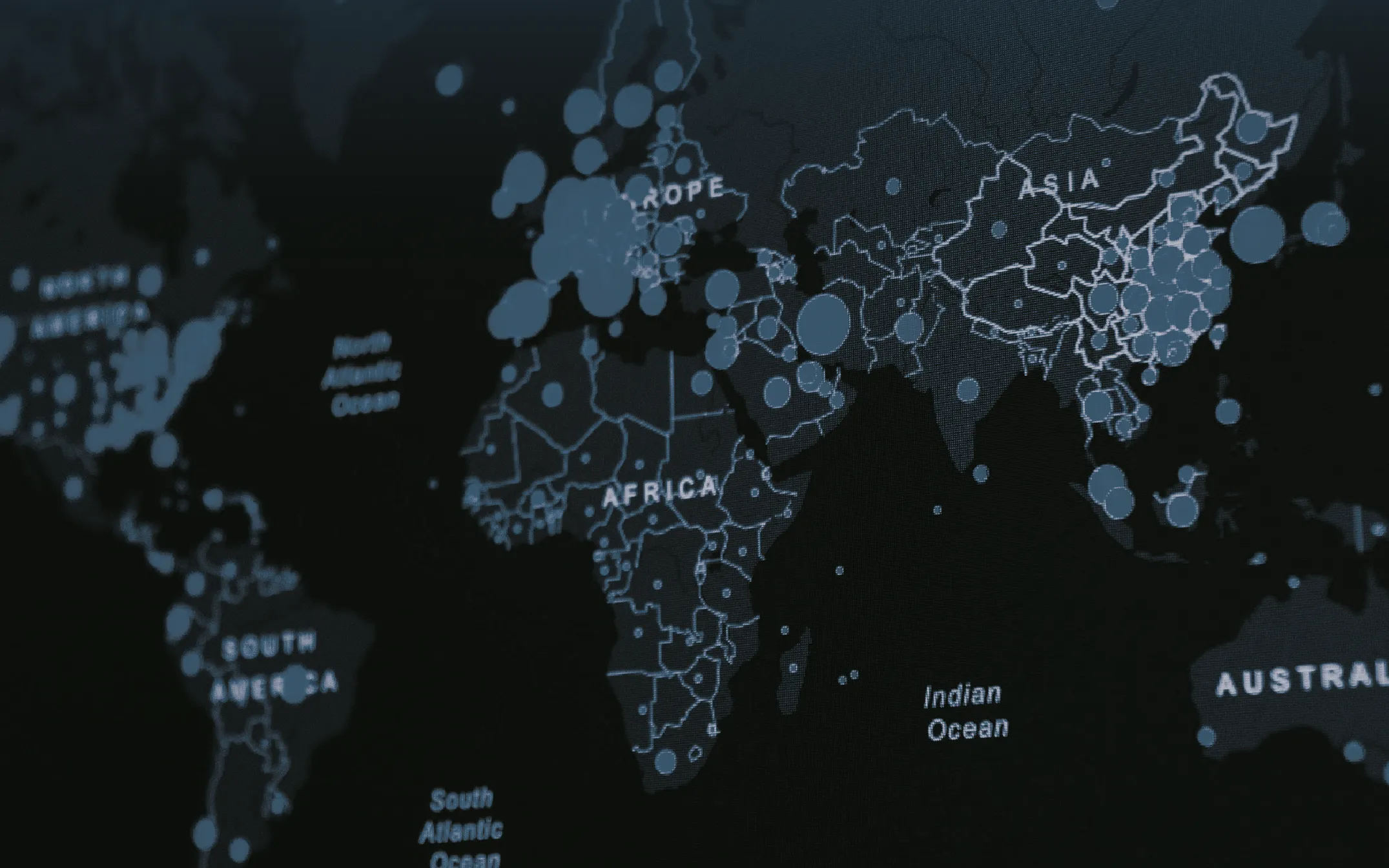Find out more
Read our report

Delay, Detect, Defend: Preparing for a Future in which Thousands Can Release New Pandemics
Professor Kevin Esvelt, co-founder of SecureBio, lays out our founding Delay/Detect/Defend framework in a white paper for the Geneva Centre for Security Policy.
Publications
-
Virology Capabilities Test (VCT): A Multimodal Virology Q&A Benchmark
Götting et al. (2025) -
Indoor air sampling for detection of viral nucleic acids
Justen et al. (2025)– Journal of Aerosol Science -
Comparing sampling strategies for early detection of stealth biothreats
Bradshaw W, Grimm S (2024)– Nucleic Acid Observatory -
SecureBio Recommendations for AI and Biosecurity Under NIST's E.O. 14110 RFI
Jeyapragasan, Gopal, Esvelt (2024) -
Inferring the sensitivity of wastewater metagenomic sequencing for pathogen early detection
Grimm et al. (2023)– medRxiv -
Virus-like DNA tracers for characterizing wastewater-based pathogen monitoring systems
Gopal et al. (2023)– bioRxiv -
Will releasing the weights of future large language models grant widespread access to pandemic agents?
Gopal et al. (2023)– arXiv -
Securing Civilisation Against Catastrophic Pandemics
Gopal et al. (2023)– Geneva Centre for Security Policy -
Assessing the safety of new germicidal far-UVC technologies
Görlitz et al. (2023)– Photochemistry & Photobiology 00: 1-20 -
Can large language models democratize access to dual-use biotechnology?
Soice et al. (2023)– arXiv -
Analysis of the first genetic engineering attribution challenge.
Crook et al. (2022)– Nature Communications 13 : 7374 -
Credible pandemic virus identification will trigger the immediate proliferation of agents as lethal as nuclear devices
Esvelt (2022)– Senate Testimony -
Delay, Detect, Defend: Preparing for a Future in which Thousands Can Release New Pandemics
Esvelt (2022)– Geneva Centre for Security Policy -
Insidious Insights: Implications of viral vector engineering for pathogen enhancement.
Sandbrink et al. (2022)– Gene Therapy -
A Global Nucleic Acid Observatory for Biodefense and Planetary Health
NAO Consortium (2021)– arXiv -
The feasibility of targeted test-trace-isolate for the control of SARS-CoV-2 variants
Bradshaw et al. (2021)– medRxiv -
Bidirectional contact tracing could dramatically improve COVID-19 control
Bradshaw et al. (2021)– Nature Communications 12 : 232 -
A machine learning toolkit for genetic engineering attribution to facilitate biosecurity
Alley et al. (2020)– Nature Communications 11 : 6293 -
Cryptographic Aspects of DNA Screening
Baum et al. (2020) -
Inoculating science against potential pandemics and information hazards
Esvelt (2018)– PLOS Pathogens 14 : e1007286 -
Calls for Caution in Genome Engineering Should Be a Model for Similar Dialogue on Pandemic Pathogen Research
Lipsitch et al. (2015)– Ann. Intern. Med. 163 : 790-791
Other media
-
Essential Workers Need Essential Protection
The Latecomer (2024) -
How AI could spark the next pandemic
Vox (2023) -
Another AI threat: The next pandemic
Axios (2023) -
Could chatbots help devise the next pandemic virus?
Science (2023) -
Kevin Esvelt: Pandemics, Gene Drives, Existential Threats
Xapiens at MIT (2023) -
Emerging Technologies: What Opportunities for International Security
Geneva Centre for Security Policy (GCSP) (2023) -
Kevin Esvelt | Safeguarding exponential biology
Frontiers Forum Live (2023) -
Experts Debate the Risks of Made-to-Order DNA
Undark (2022) -
How to make Covid the last pandemic
Vox (2022) -
How a deliberate pandemic could crush societies and what to do about it
Bulletin of the Atomic Scientists (2022) -
How to Prevent the Next Pandemic
Asterisk (2022) -
Kevin Esvelt and Jonas Sandbrink on Risks from Biological Research
Hear This Idea (2022) -
Contact tracing: So promising. So invasive.
Should This Exist? (2022) -
Recipes for Future Plagues
After On Podcast (2022) -
Manipulating viruses and risking pandemics is too dangerous. It’s time to stop.
Washington Post (2021)